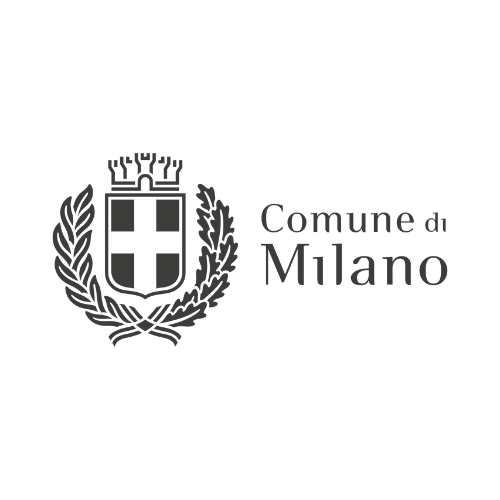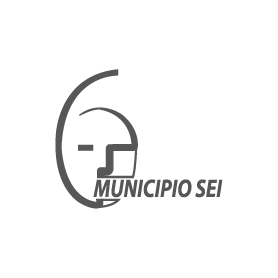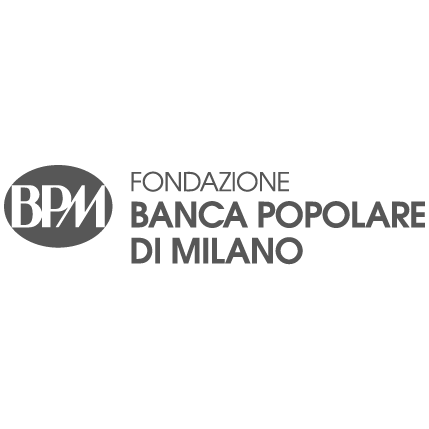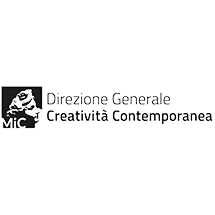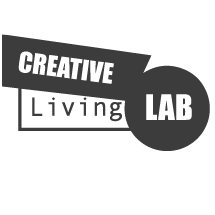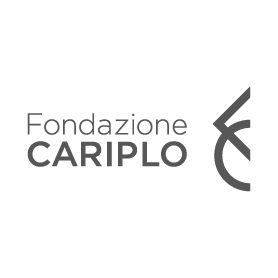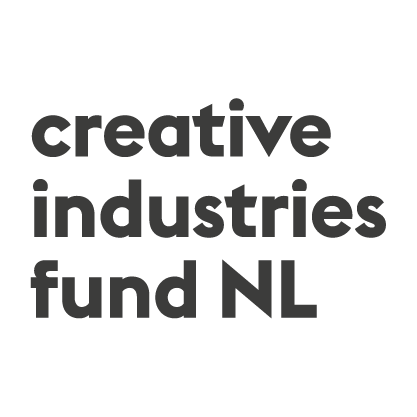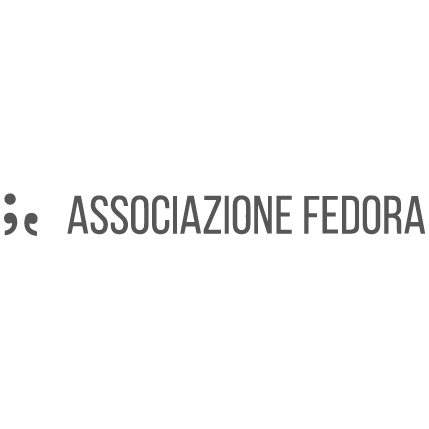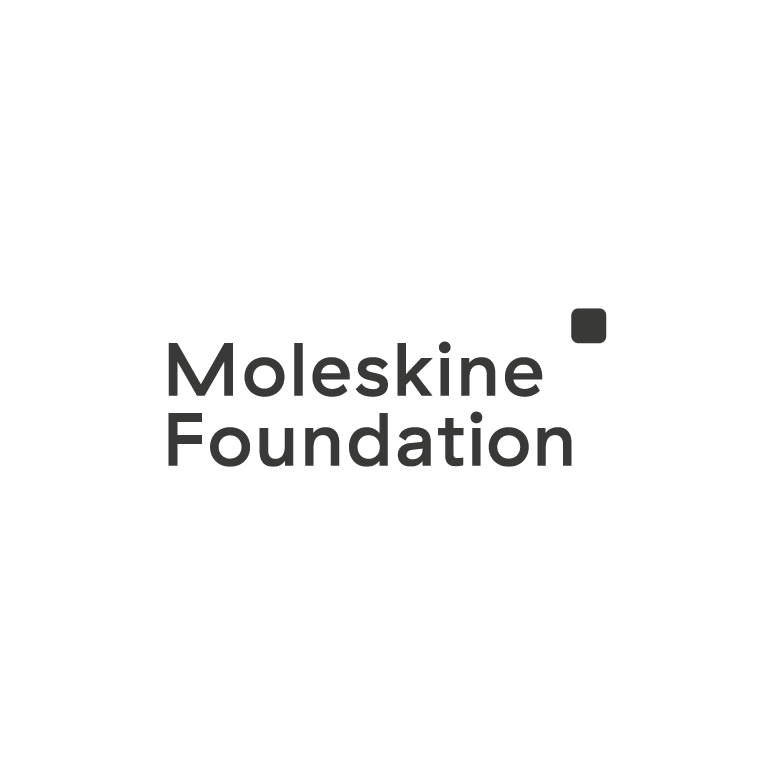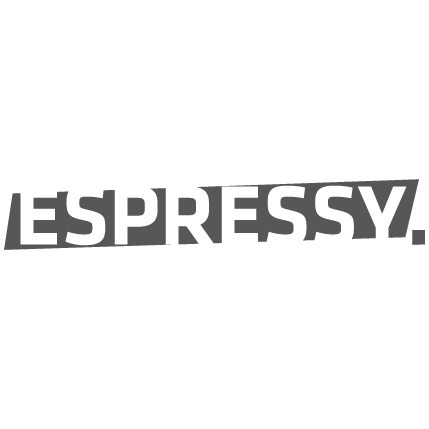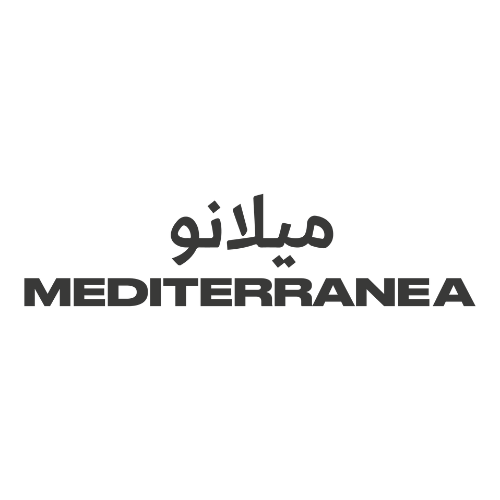We want to flip the perspective.
Between presence and absence,
between exclusive and excluding,
between visible and invisibilized.
Where differences create friction,
where nuances make sense.
Beyond the words “different” and “equal.”
Where things are Same Same, But Different.
“Same Same But Different” is the name of BASE’s strategic vision—the lens through which we shape our choices as a cultural institution. It guides how we design our programs, initiatives, and artist residencies, as well as our collaborations with the local territory and communities.
Our goal is to become an open and plural cultural institution that fosters access, coexistence, and collaboration: a safe space, a platform, and an amplifier for unheard voices, unseen bodies, and untold stories that only exist when shared.
Why “Same Same But Different”? This phrase, popular in Southeast Asia, particularly in Thailand and Cambodia, describes something that seems similar to something else yet has distinct differences. It invites us to embrace nuances that defy definition, creating a space where needs, ideas, bodies, and voices blend and overlap without predefined boundaries.

ONE MORE PERSON
Do people feel accounted for at BASE? Is our space truly for everyone?
We’ve started asking ourselves these questions, and through this constant reflection, we’ve become more aware of what’s missing, connected with the people who move through our space, and begun to transform.
We strive to be a place that brings people together, not pushes them apart—a platform that helps overcome obstacles or, at the very least, reduces them; a tool that breaks down barriers rather than creating new ones.
We start with language: we aim to communicate in the clearest and most inclusive way possible, even if it means taking the long way around with words. We choose expressions that leave no one out, accommodating all identities and bodies, whether young or old, able-bodied or disabled.
We do this because, if even one more person can feel welcomed at BASE thanks to a carefully chosen word, we’ll make sure it’s the right word.
It’s not just a campaign. from training to creating events designed to reach and welcome as many people as possible, the work we do with Same Same But Different can be summed up in three key steps:
Internal and External Capacity Building
To challenge ourselves, recognize our own barriers, and identify those that exclude others. To look where we haven’t yet looked and seek solutions. This is a shared journey involving BASE staff and other organizations in the cultural sector, addressing themes like racialization, gender discrimination, and ableism. We’ve found a few answers, but we’re left with countless questions.
Advocacy for Cultural Center Accessibility
To develop a tool for reflection and action, aimed at cultural institutions like ours that seek to reinvent themselves as open and inclusive spaces. The result? A protocol: part content, part container—a collaborative, open document designed to be consulted, utilized, and reimagined through multiple hands, voices, and perspectives.
Public program
To create space for perspectives, voices, narratives, formats, and models—and to “design with” rather than “organize for.”
We collaborate with individuals and communities, private companies and associations, activists and professionals from the worlds of art, design, music, and culture across all disciplines.
Thanks to the joint work with institutional and scientific partners, we have written a Manifesto for a Plural Cultural Institution
This document emerges from the urgency and desire to explore new ideas and approaches to build an artistic institution that is truly plural and accessible. A cultural institution that amplifies voices and energies at the margins of public life, creating spaces for expression and self-narration around which a community can be built, capable of producing social transformations.
WE’VE COLLABORATED WITH
EUROPE BEYOND ACCESS
An international network exploring accessibility and inclusion in the performing arts, raising awareness, sharing best practices, and encouraging more participation and leadership within the artistic and cultural communities, especially those with disabilities.
MOLESKINE FOUNDATION
Moleskine Foundation is a non-profit organization inspiring the next generation of young activists to change their future and their communities through creativity and quality education, offering unconventional educational programs, grants, and long-term collaborations with local organizations and individuals.
MILANO MEDITERRANEA
Milano Mediterranea is a decolonial and nomadic participatory art center that speaks the languages of the sea. Since 2020, it has been operating in Milan’s outskirts, organizing community art projects, training activities, events, and a public space festival. Milano Mediterranea is a curatorial project by the artistic collective Corps Citoyen.
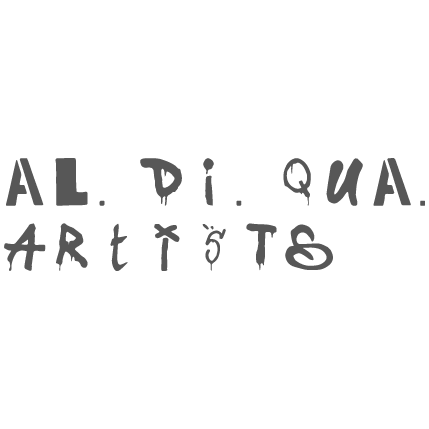
AL.DI.QUA. ARTISTS
Al.Di.Qua. Artists (Alternative Disability Quality Artists) is the first Italian association for disabled performers. Established in 2020, it unites artists with different disabilities to discuss and advocate for accessibility in the arts.
ESPRESSY
Espressy is a multidisciplinary think tank dedicated to diversity and inclusion, offering consulting, training, and communication to organizations improving their social sustainability policies internally and externally.
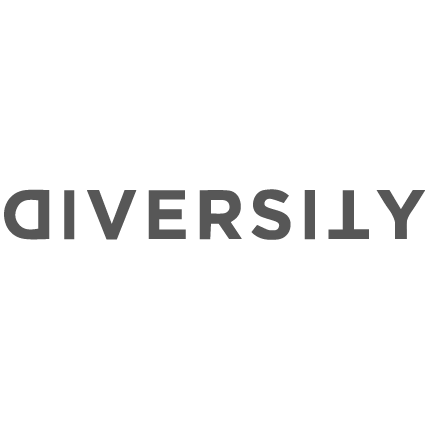
DIVERSITY
Diversity is a foundation focused on promoting the culture of inclusion, encouraging a worldview that values diversity and differences as precious resources for people and companies. They provide communication, research, monitoring, training, consulting, and advocacy services to national and international institutions and businesses.
ASSOCIAZIONE CULTURALE FEDORA
Since 2018, Associazione Culturale Fedora has been advocating for accessibility in the arts for people with disabilities, particularly sensory impairments, aiming to provide equal access to culture and educate society on new approaches to disability.
MERENDE
MERENDE is a collective, intimate queer zone and resistance party that offers everything we deserve: freedom. Operating since 2018 at Angelo Mai, it has crossed spaces like ITZ/Berlin, Nessuno/Milano, and Fondamenta/Matera, always taking new forms, ready to transform and reinvent itself.
PERIMETRO
Perimetro is an independent community magazine capturing Milano through the lens of a hundred photographers. This print and digital project highlights the city’s unconventional aspects, from architecture to hidden places, territories to their communities.

